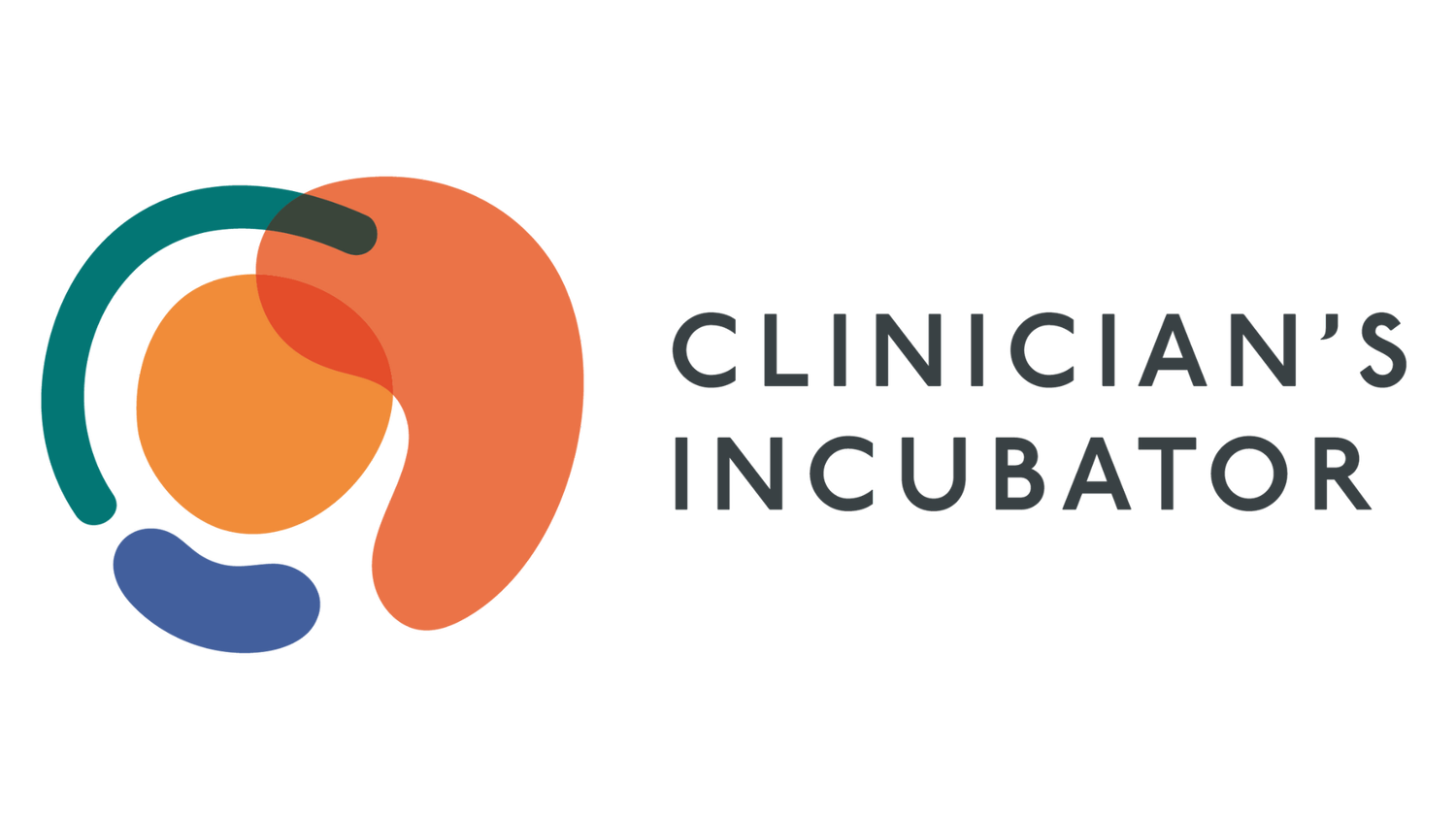When You’re Burned Out as a CNS Candidate: What to Do Next
Let’s be real: the path to becoming a Certified Nutrition Specialist isn’t short.
It starts with graduate coursework—often layered on top of jobs, family responsibilities, or career changes. Then there’s the board exam, supervised practice, documentation, and the not-so-small task of figuring out how to build a sustainable career in a field that’s both incredibly meaningful and can be emotionally demanding.
And somewhere along the way, even the most dedicated people hit a wall.
If you’re feeling emotionally fried, intellectually drained, or like the passion that brought you here is flickering out, you’re not alone. Burnout happens—it’s a completely normal response to a long, complex, often isolating process. So let’s talk about what to do when it hits, and how to keep moving forward without pushing yourself past the edge.
Recognize That This Process Is a Marathon, Not a Sprint
From your first day in a biochemistry class to the last chart note and protocol you submit, the CNS journey can take years.
Burnout often shows up when we treat a long process like a short one—trying to sprint through it without rest, reflection, or support. If you’re exhausted, it’s not because you’re doing something wrong. It’s because you’re human.
Honestly, it’s not that different from how your clients sometimes approach nutrition. Some want quick fixes—a supplement, a meal plan, a shortcut to feeling better. But sustainable change takes time, experimentation, and self-compassion. The same goes for you. The CNS path is more like a long-term practice than a checklist to crush.
Take Inventory of Your Energy (Not Just Your To-Do List)
CNS candidates tend to be high achievers. You’ve made it through school, you're building a practice, and you're likely juggling multiple roles. But high output doesn’t always mean high energy.
Pause and ask yourself:
What in my week gives me energy?
What drains me, even if it’s technically “productive”?
Am I doing anything just because I think I should?
What could I pause or delegate, even just for a little while?
My own work life changed dramatically when I started aligning my schedule with my natural energy rhythms. I stopped trying to force productivity during the times my brain and body needed rest—and the difference was night and day. Follow your energy.
Reconnect to Your Why
Burnout often disconnects us from the meaning behind our work. When everything feels like a grind, it’s easy to forget why we started.
Take a few minutes to reflect:
Why did you choose this path?
What drew you to nutrition in the first place?
What moments have felt most fulfilling or exciting?
Write your answers down. Keep them where you can see them. Your “why” won’t make the exhaustion disappear, but it can help ground you in purpose.
Find Community—Even if It’s One Person
This process can feel lonely, especially if your friends and family don’t quite understand what supervised practice or the CNS exam entails. Burnout thrives in isolation.
Find at least one person who gets it. A peer, a mentor, a cohort, a Facebook group, a co-working buddy. Schedule check-ins. Share the hard stuff. Celebrate the wins. You don’t have to do this alone.
Allow Your Practice to Be Imperfect
Here’s a hard truth: burnout doesn’t just come from the CNS process—it can also come from how we think we have to show up as practitioners.
You don’t have to be perfectly regulated, always on top of the latest PubMed study, or launching a private practice before you’re ready. You’re allowed to pace yourself. You’re allowed to be in process. You can still be a great future CNS while:
Choosing not to provide meal plans
Taking a break from social media
Saying “no” to clients who aren’t a fit
Taking two years (not one) to complete your hours
You are allowed to do this differently.
Let Support Be Part of the Plan
You are not meant to white-knuckle your way to becoming a CNS. Support can look like:
A trauma-informed supervisor who gets the emotional toll of this work
A therapist or coach who helps you process imposter syndrome
A peer who can remind you that you’re not behind—you’re just building
Systems that help reduce mental load (think: templates, trackers, co-working)
Support isn’t a luxury. It’s infrastructure.
Final Thoughts
Burnout happens common. It’s also survivable. And it’s not a sign you’re in the wrong profession—it’s a sign the process needs to be more humane.
You deserve to make it through this journey with your health, joy, and sense of purpose intact. If that means slowing down, shifting direction, or taking a break, do it. You’re not falling behind—you’re caring for the person who’s going to make a real impact in this field.
And we’re cheering you on every step of the way.

